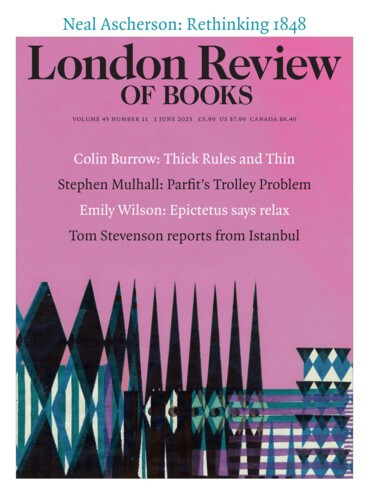Disappearing Ink: Life of a Diplomat
Tom Stevenson, 10 August 2023
In his 1917 guide to diplomatic practice, Ernest Satow described a court ball held in London in 1768 at which a dispute over seating placements in the diplomatic box resulted in a duel between the Russian and French ambassadors. (The Russian ambassador came off worse, but survived.) The life of a diplomat is no longer assumed to feature the smell of flintlock at dawn, but it is still...




